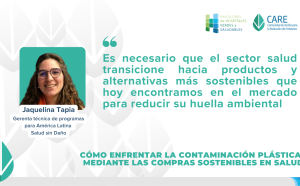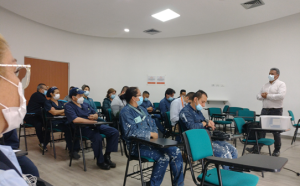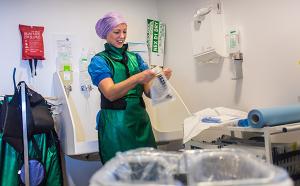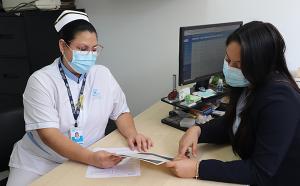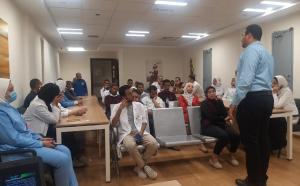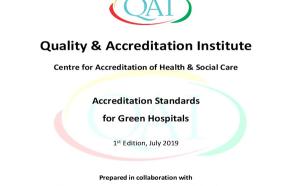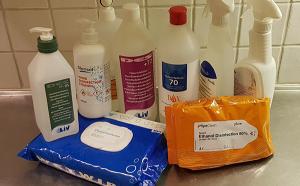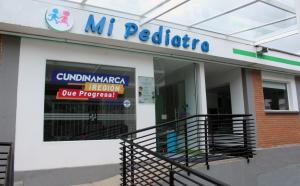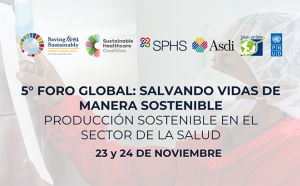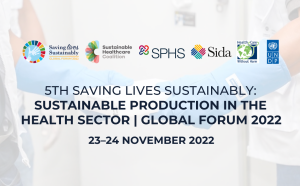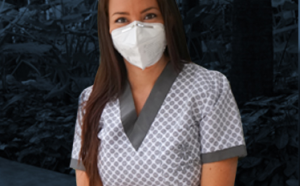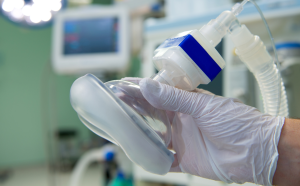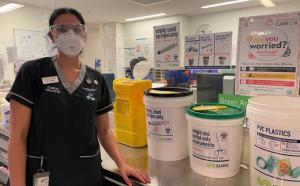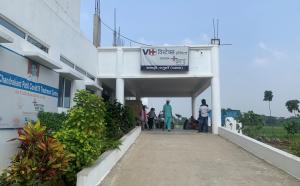In the European Union, antimicrobial resistance (AMR) is estimated to be responsible for 33,000 deaths a year, and economic losses of over €1.5 billion to the economy, for example, in health care costs and productivity losses.
Hospitals are considered hotspots for the development and spread of drug-resistant bacteria, with approximately 75% of drug-resistant bacteria associated with healthcare. In a consortium with six procuring authorities, the Catalan Agency for Health Information, Assessment, and Quality launched pre-commercial procurement procedures to research and develop innovative solutions that contribute to unmet societal needs, like AMR.
The consortium supports and finances the development of a smart ICT solution that will improve the quality of care processes in hospitals, reduce both the health care and governmental costs and the operational impact, and improves the appropriateness and effectiveness of antimicrobial medicine usage.
About SHiPP
The Sustainable Health in Procurement Project (SHiPP) was a four-year program developed by the United Nations Development Programme (UNDP) in collaboration with Health Care Without Harm and funded by the Swedish International Development and Cooperation Agency (SIDA), that aimed to reduce the harm to people and the environment caused by the manufacture, use, and disposal of medical products and by the implementation of health programs.
With an expansive and diverse network of over 1,700 members in more than 80 countries, GGHH was a key vehicle to engage the health sector around the globe on sustainable procurement through the Sustainable Health in Procurement Project (SHiPP).
Julio 23, 2025
Mayo 19, 2025
Marzo 10, 2025
Febrero 06, 2025
Julio 30, 2024
Junio 27, 2024
Mayo 28, 2024
Febrero 21, 2024
Octubre 04, 2023
Septiembre 20, 2023
Septiembre 06, 2023
Agosto 30, 2023
Agosto 23, 2023
Agosto 23, 2023
Agosto 09, 2023
Julio 26, 2023
Junio 28, 2023
Junio 21, 2023
Junio 14, 2023
Mayo 31, 2023
Mayo 03, 2023
Abril 19, 2023
Marzo 08, 2023
Febrero 23, 2023
Febrero 14, 2023
Febrero 01, 2023
Enero 18, 2023
Enero 05, 2023
Diciembre 13, 2022
Noviembre 30, 2022
Noviembre 17, 2022
Noviembre 17, 2022
Noviembre 16, 2022
Octubre 19, 2022
Octubre 05, 2022
Septiembre 29, 2022
Septiembre 28, 2022
Agosto 10, 2022
Mayo 31, 2022
Abril 11, 2022
Enero 13, 2022
Enero 06, 2022
Noviembre 09, 2020
Octubre 21, 2020

